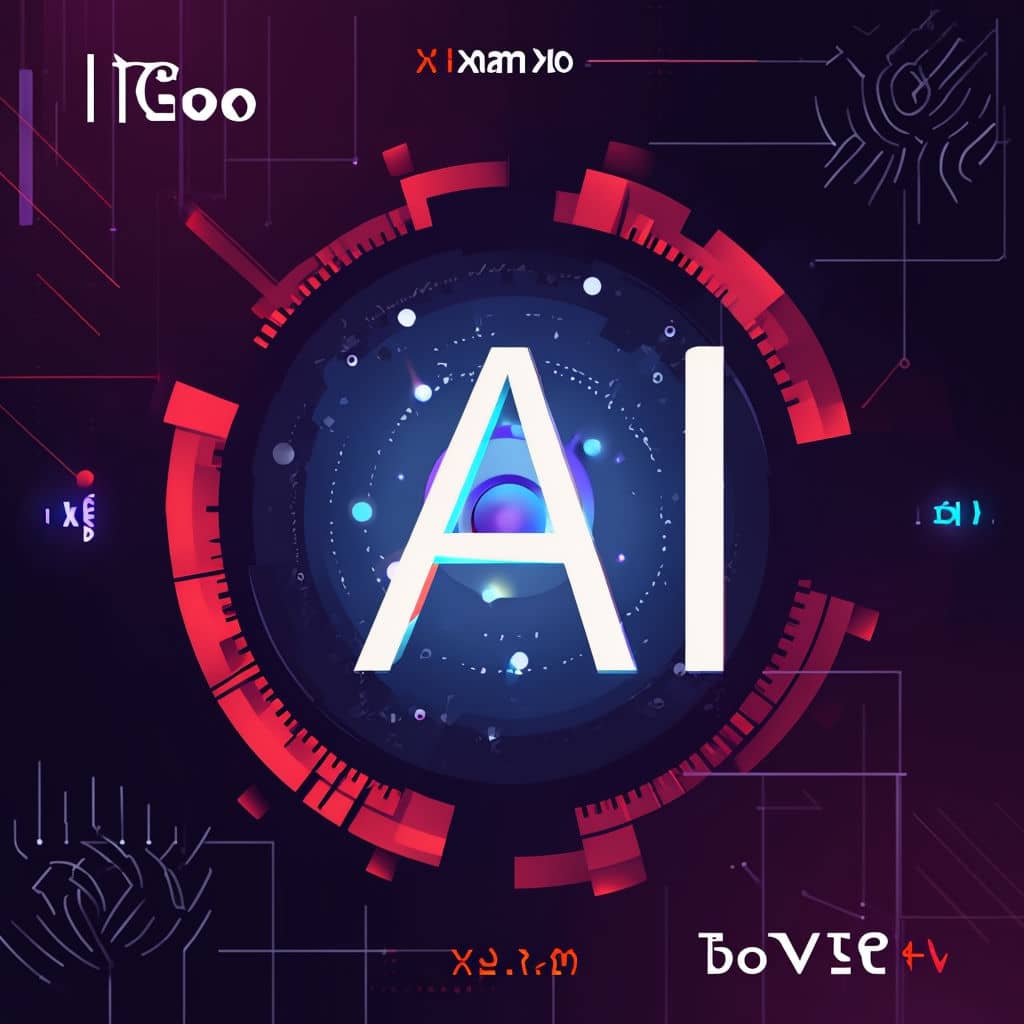AI, or artificial intelligence, refers to the simulation of human intelligence in machines that are programmed to think, learn, and solve problems like humans. AI systems can perform tasks such as understanding natural language, recognizing patterns, making decisions, and adapting to new information.
There are two main types of AI:
- Narrow AI: Also known as weak AI, this type is designed for specific tasks, such as virtual assistants (like Siri or Alexa), recommendation systems, and image recognition software.
- General AI: Also known as strong AI, this hypothetical form of AI would have the ability to understand, learn, and apply intelligence across a wide range of tasks, similar to a human being. Currently, true general AI does not exist.
AI utilizes various techniques, including machine learning (where algorithms learn from data), deep learning (a subset of machine learning using neural networks), and natural language processing (the ability to interact using human language). As AI continues to evolve, it impacts numerous fields, including healthcare, finance, transportation, and entertainment.
Who is the inventor of artificial intelligence?
Artificial intelligence (AI) does not have a single inventor. Instead, it emerged as a field of study in the mid-20th century, with foundational contributions from various researchers. Key figures include:
- Alan Turing: His work on computation and the Turing Test laid the groundwork for understanding machine intelligence.
- John McCarthy: Often credited with coining the term “artificial intelligence” in 1956 and organizing the Dartmouth Conference, which is considered the birth of AI as an academic discipline.
- Marvin Minsky: A co-founder of the MIT AI Lab, he contributed significantly to the understanding of neural networks and robotics.
- Herbert A. Simon and Allen Newell: They made important contributions to cognitive psychology and created some of the earliest AI programs.
These individuals, among others, played crucial roles in shaping the field of AI through their research and ideas.
Where is artificial intelligence used?
Artificial intelligence (AI) is used across a wide range of fields and applications. Here are some of the key areas:
- Healthcare:
- Medical Imaging: AI algorithms analyze images for diagnosis.
- Predictive Analytics: Predicting disease outbreaks or patient outcomes.
- Personalized Medicine: Tailoring treatments based on individual data.
- Finance:
- Fraud Detection: Identifying unusual transactions.
- Algorithmic Trading: Executing trades based on complex algorithms.
- Credit Scoring: Assessing risk and creditworthiness.
- Retail:
- Recommendation Systems: Suggesting products based on user behavior.
- Inventory Management: Predicting demand and optimizing stock levels.
- Chatbots: Providing customer support and assistance.
- Transportation:
- Autonomous Vehicles: Self-driving cars using computer vision and sensor data.
- Traffic Management: Optimizing traffic flow and reducing congestion.
- Route Optimization: Improving logistics and delivery services.
- Manufacturing:
- Predictive Maintenance: Anticipating equipment failures to minimize downtime.
- Quality Control: Using vision systems to detect defects.
- Supply Chain Optimization: Enhancing efficiency in production and logistics.
- Entertainment:
- Content Recommendations: Personalizing user experiences on streaming platforms.
- Game Development: Creating smarter non-player characters (NPCs).
- Content Creation: Generating music, art, and stories.
- Agriculture:
- Precision Farming: Analyzing data to optimize crop yields.
- Crop Monitoring: Using drones and sensors for real-time data collection.
- Pest and Disease Management: Early detection and management solutions.
- Education:
- Personalized Learning: Tailoring educational content to individual needs.
- Grading Automation: Automating assessments and feedback.
- Administrative Tasks: Streamlining processes and data management.
- Human Resources:
- Resume Screening: Using algorithms to assess candidates.
- Employee Engagement: Analyzing worker sentiment and satisfaction.
- Training and Development: Personalized training programs based on performance.
- Security:
- Surveillance Systems: Enhancing video monitoring with facial recognition.
- Cybersecurity: Detecting and responding to threats in real-time.
- Fraud Prevention: Identifying suspicious behavior in digital transactions.
These applications illustrate the versatility of AI in improving efficiency, saving costs, and enhancing decision-making across various sectors.
Is artificial intelligence useful for humans?
Yes, artificial intelligence (AI) is very useful for humans in many ways:
- Automation: AI can automate repetitive tasks, increasing efficiency and freeing up time for more complex work.
- Data Analysis: AI can process vast amounts of data quickly, identifying patterns and insights that humans might miss, which is valuable in fields like healthcare, finance, and marketing.
- Decision Support: AI systems can assist in decision-making by providing recommendations based on data analysis, improving outcomes in areas like business strategy and medical diagnoses.
- Personalization: AI enhances user experiences through personalized recommendations in applications like streaming services, online shopping, and social media.
- Healthcare: AI is used for diagnostics, personalized medicine, and drug discovery, improving patient care and outcomes.
- Language and Communication: AI tools, like translation services and chatbots, help break language barriers and improve customer service.
- Research and Development: AI accelerates research by simulating experiments, analyzing results, and optimizing processes, particularly in scientific fields.
- Safety and Security: AI enhances security systems through facial recognition, fraud detection, and threat assessment.
- Accessibility: AI technologies can improve accessibility for individuals with disabilities, such as voice-to-text services and mobility aids.
- Creative Applications: AI assists in creative fields by generating art, music, and writing, expanding human creativity.
While AI brings many advantages, it is also important to consider ethical implications and potential downsides, ensuring it is developed and used responsibly.



